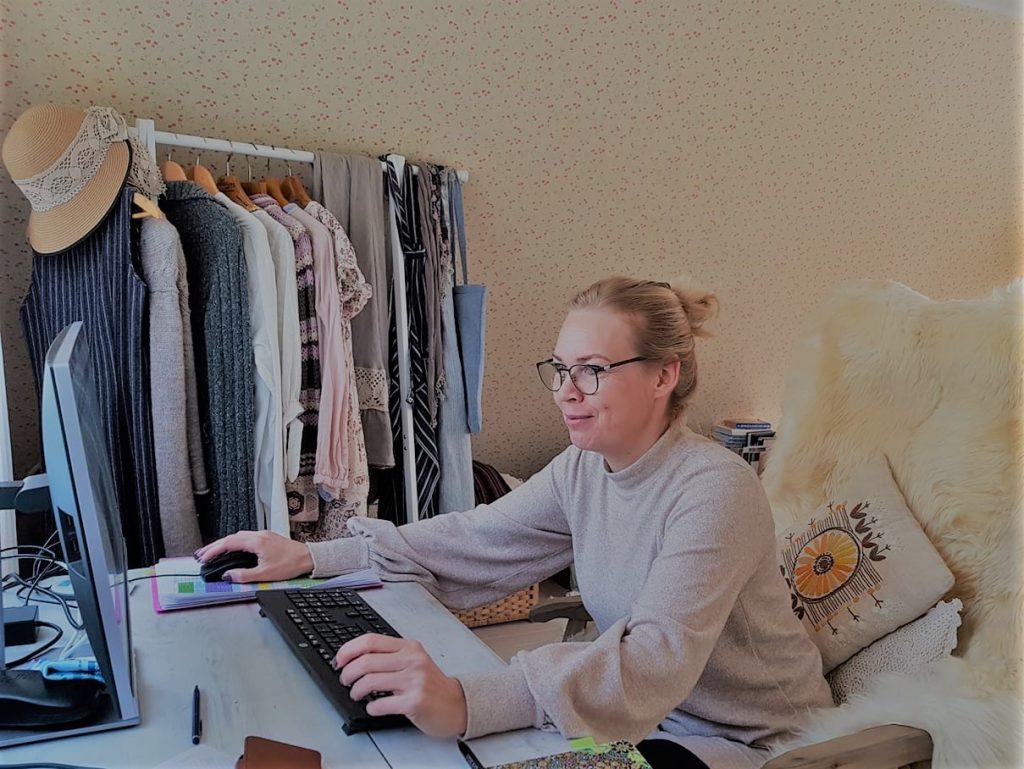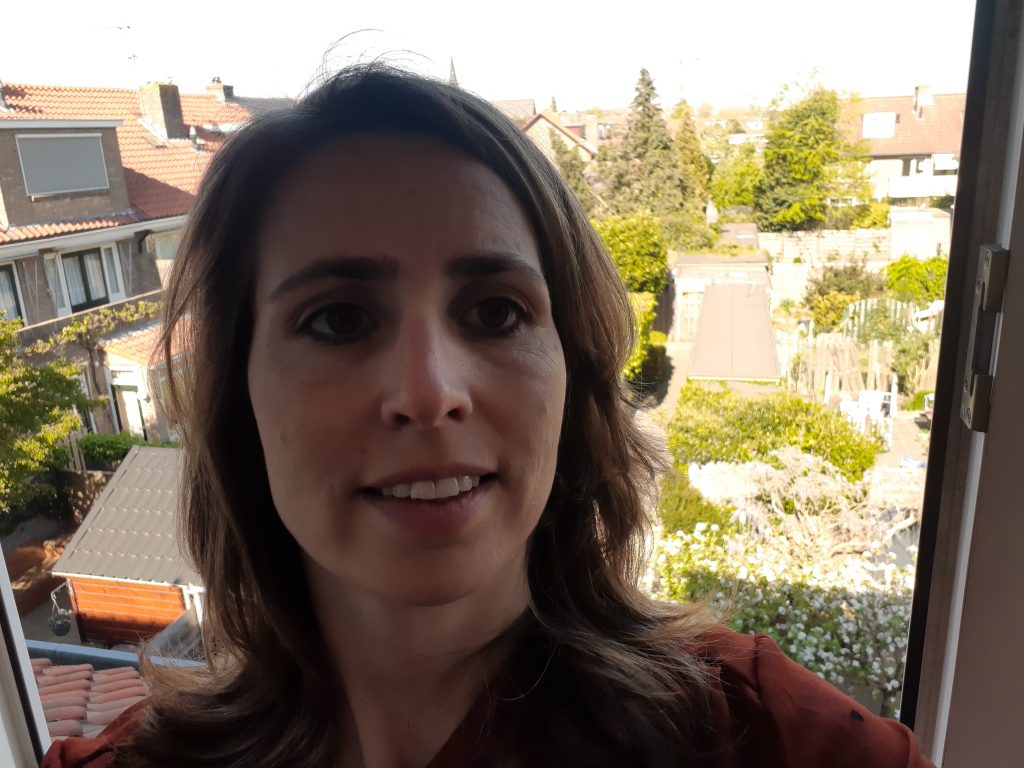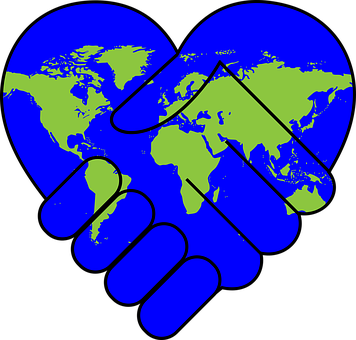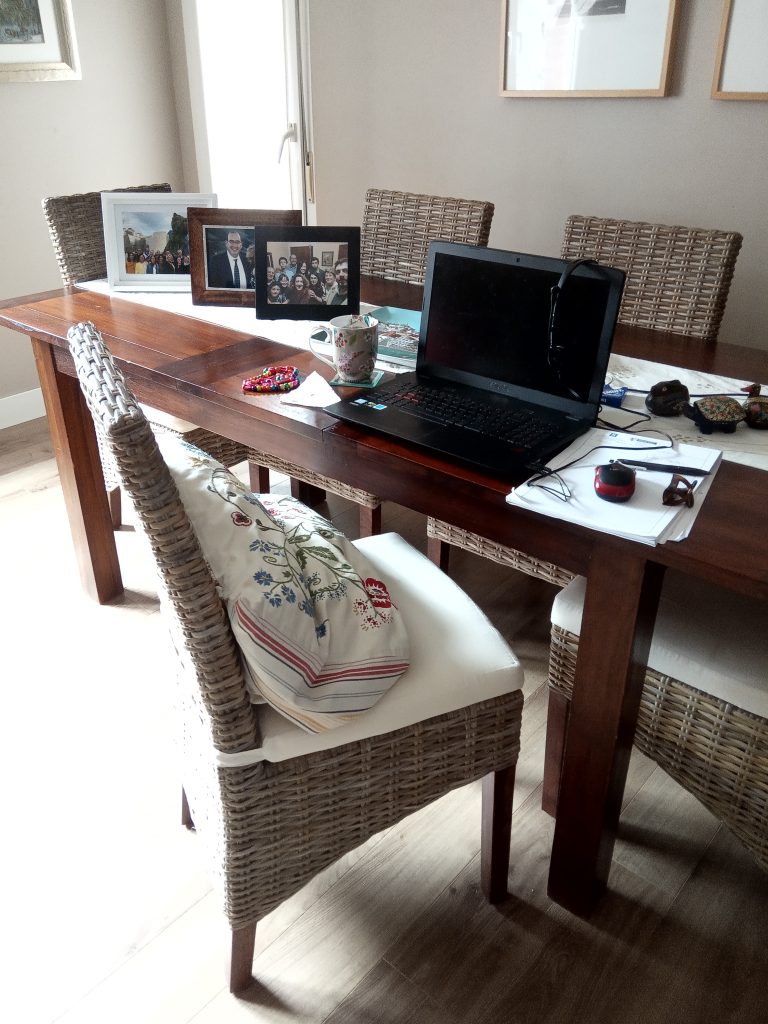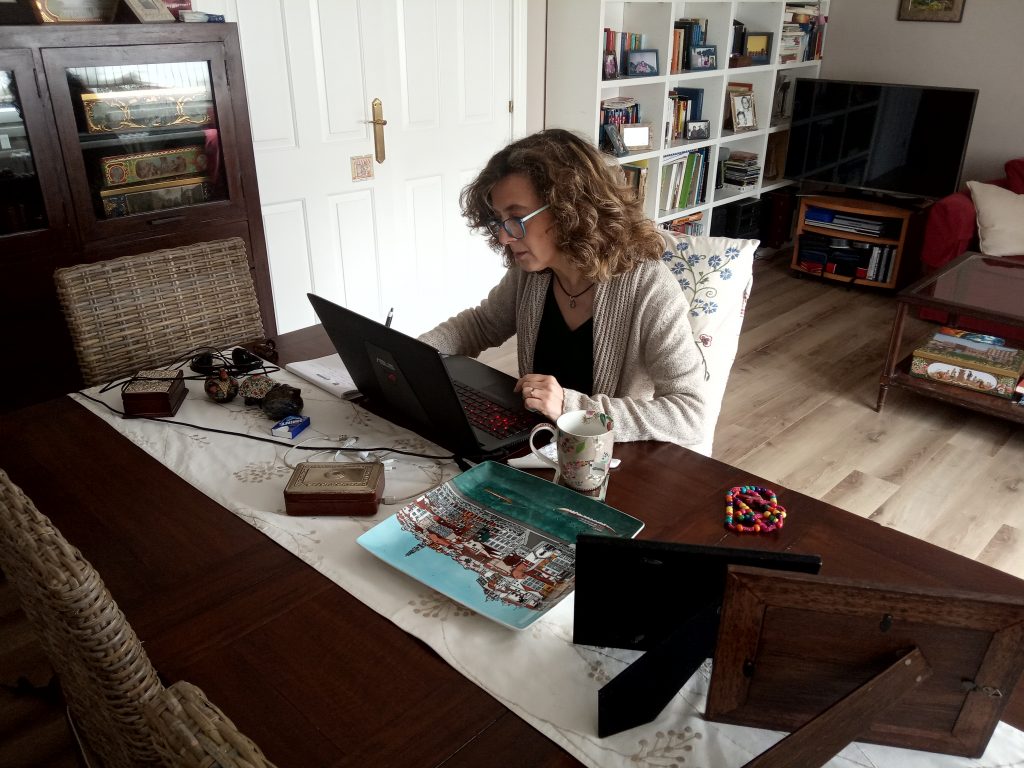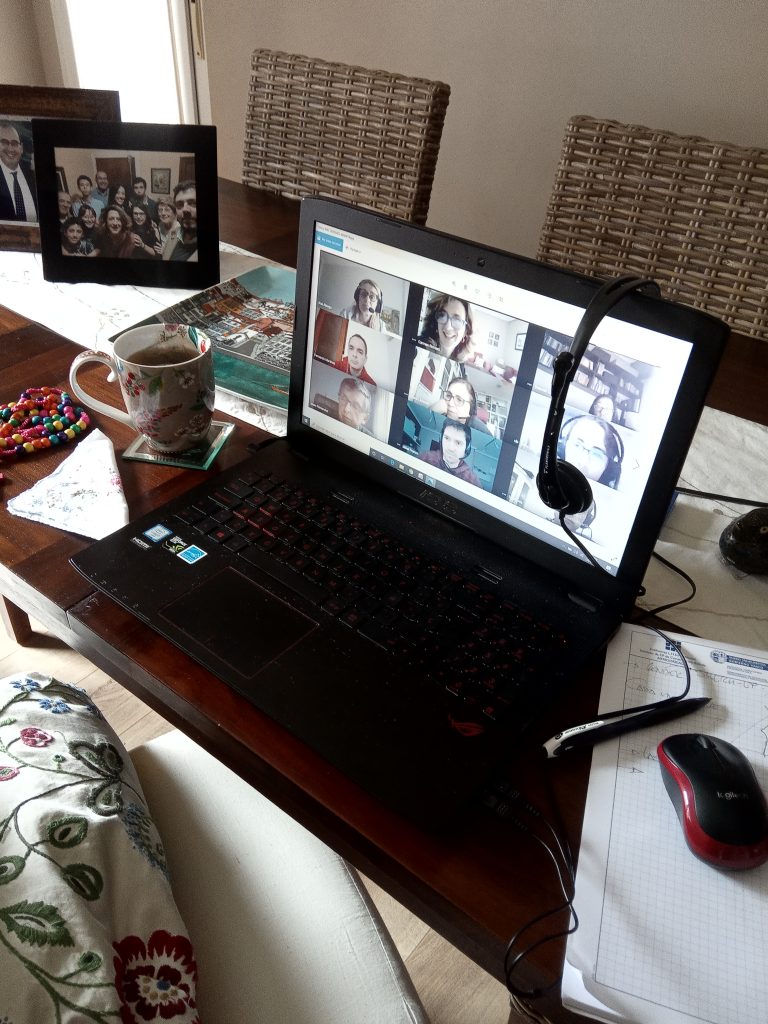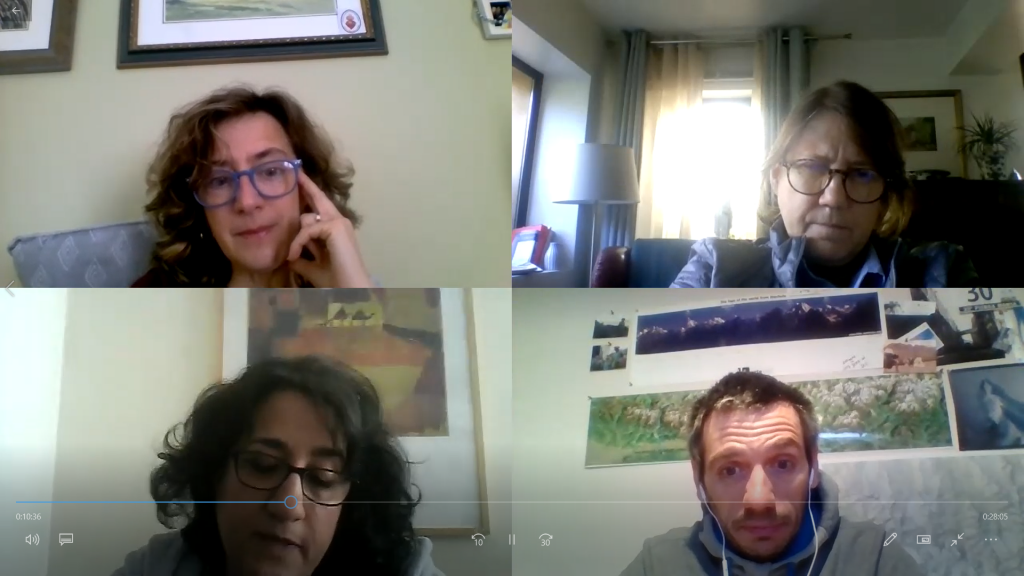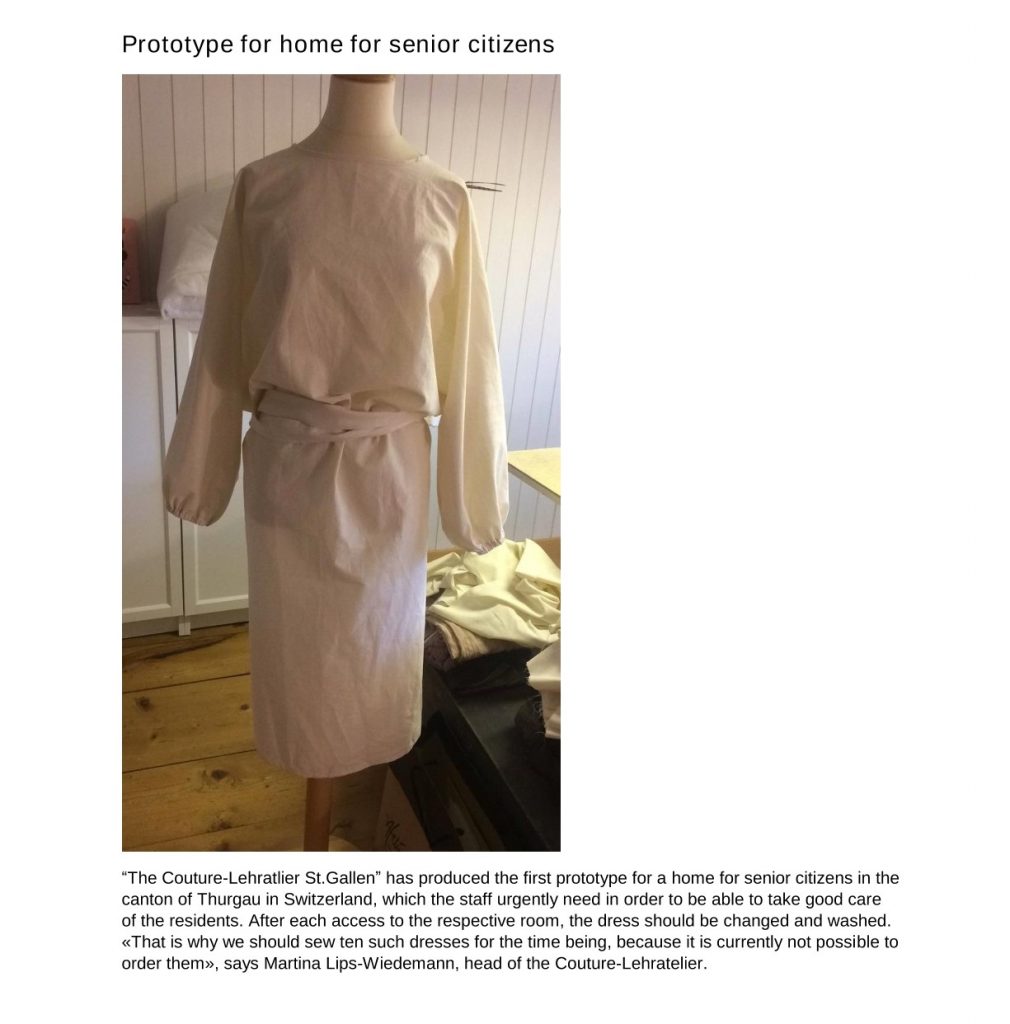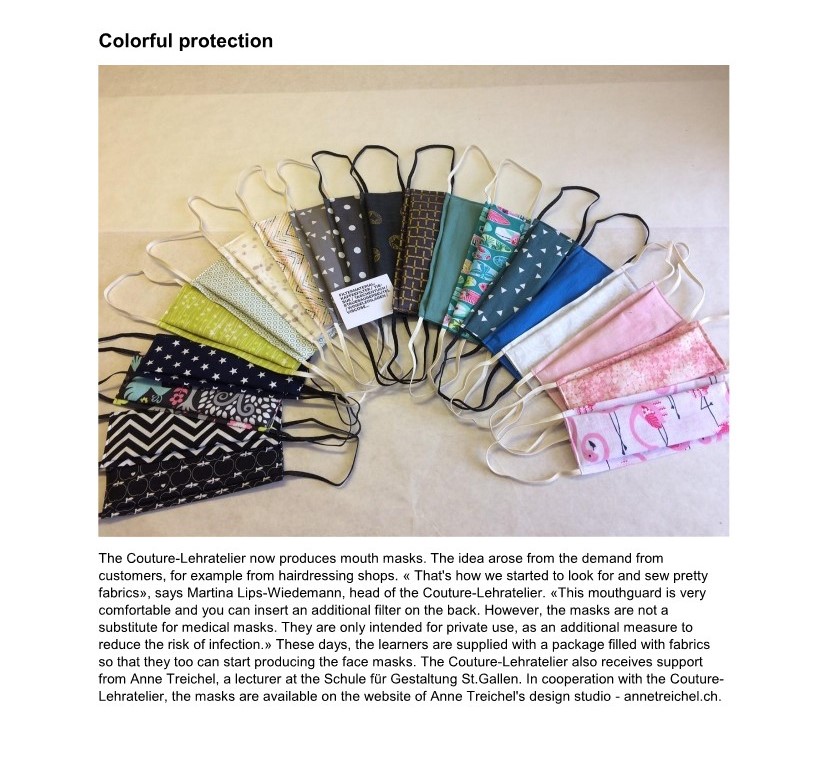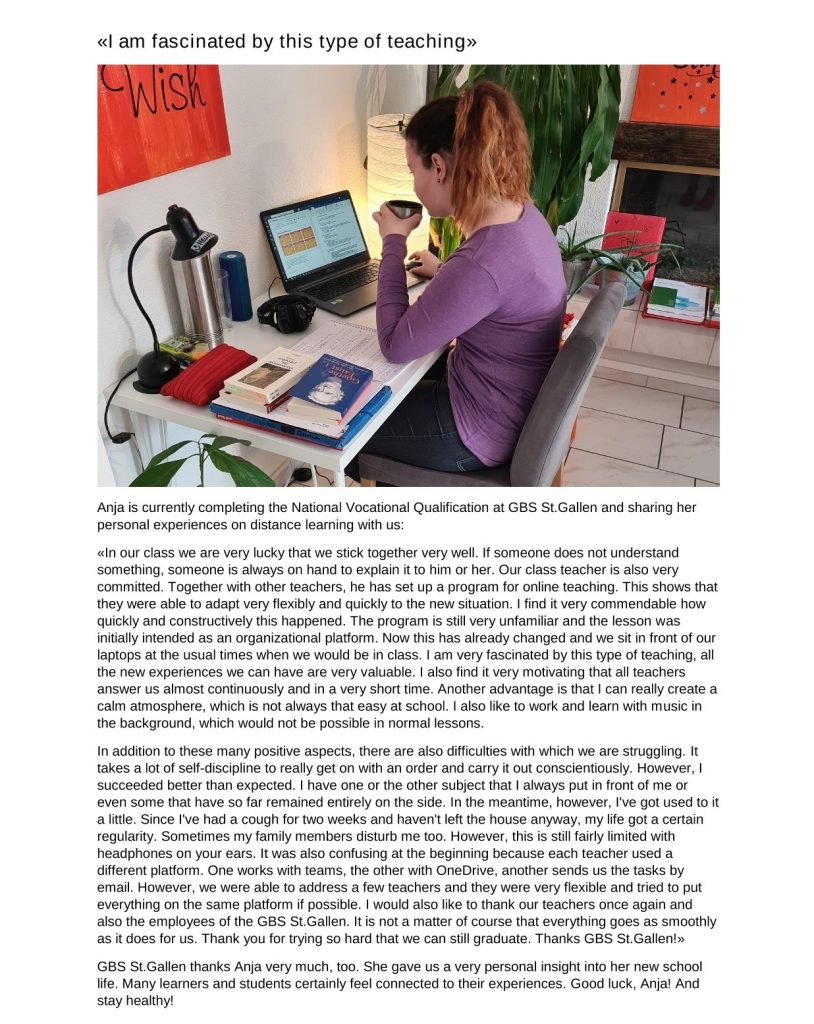It’s always lovely to get letters, but maybe even more so in the current situation. Below you’ll find a message from the Jutland peninsula in Denmark. It’s written by Flemming Olesen who works in the international office of Aarhus TECH, a partner of both Gradia Jyväskylä and Lyseo Upper Secondary School.
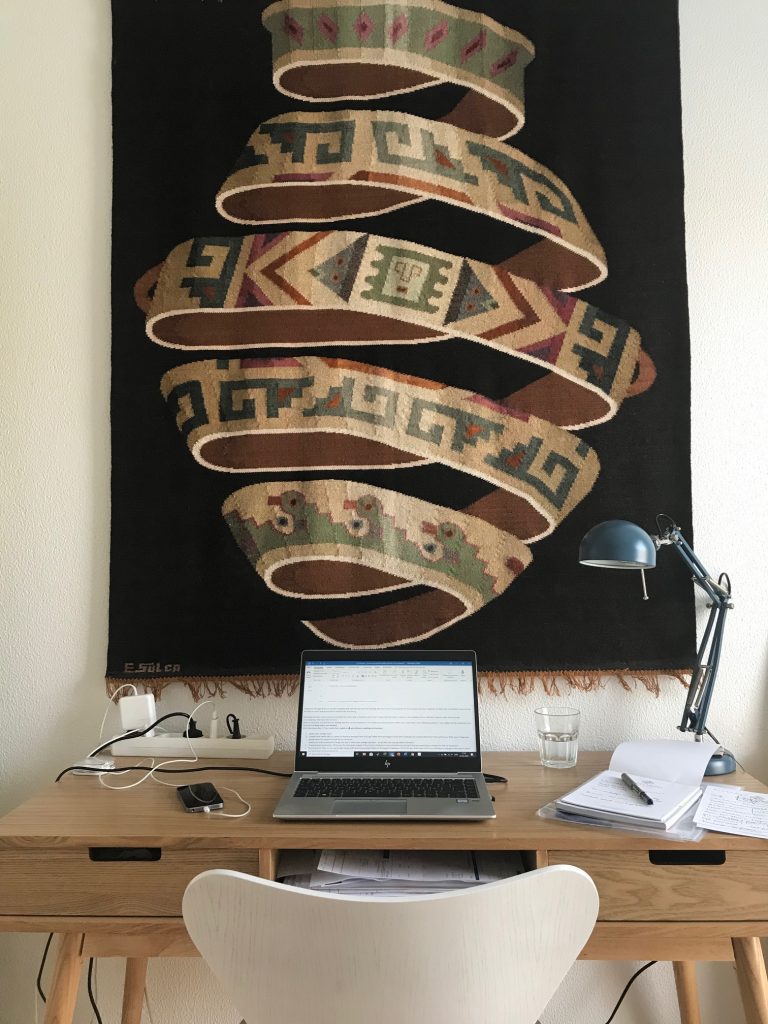
Dear colleagues,
Hope that you all are well and healthy. And that you don’t find it too difficult cooping with the challenges the Corona pandemic has caused.
My name is Flemming Olesen and I’m the International Coordinator at Aarhus Tech in Denmark.
On the evening Wednesday 11 March our Prime Minister announced that Denmark would be closed down with effect from Monday 15 March. From Tuesday 14 April our community very, very slowly is beginning to open up again. Only a very small part of our students have been allowed to return to school – only the students who have a craftsmanship exam are allowed. The rest of our students will be taught online until 10 May but we don’t know yet if the period will be extended.
With two days to prepare, we started online teaching on 15 March. We are using Zoom as platform. We had three major problems in the beginning. The first one was technical – To have Zoom installed, make it work in a stable manner, learn how to use it, guide the students through the technical challenges, etc. The second one was to move online as many theoretical lessons as possible so the students could be taught online and postpone as many practical lessons as possible – an additional challenge is that after six weeks of online teaching it becomes really difficult to find relevant materials. And the third one was to find out how to teach online.
We were totally unprepared for this. And my guess is that approximately 90% of the teachers have limited or no experience in teaching online. So we actually built the bridge while we were walking on it. Of course there were complaints in the beginning – both from students and teachers. But most of them accepted the situation very fast and found solutions to the problems.
During this period we have gained a lot of experience – both possibilities and limits of online teaching. And my expectations for what we can use these experiences for in the future are that the inclusion of online teaching will become a completely natural part of teaching planning.
It was extremely hectic in the international department. We had two days to get 15 Scottish students back to Scotland and two Dutch students back to Holland. And we had to get two students home from GRADIA and three students home from Lycée Monge in Chambery. But we managed, half past seven on the Friday evening all students were back home.
I’m convinced that we will not go back to business as usual when the CORONA virus has loosened its grip on Europe and the rest of the world. But exactly what influence this crisis will have on the international work is hard to say. There will be a lot of questions and very few answers.
I have been working from home for almost one and a half month now. To ensure some sort of daily rhythm or routine I start working at 8 o’clock every day. The content of my work is the same as usual – telephone calls, e-mails, meetings (Skype, Teams, Zoom) but of course there is no planning of mobilities. I haven’t had any larger problems in handling my work tasks. But now I really missing contact with my colleagues. Both professionally but especially the social side – the short chat in the corridor, the coffee break, etc. Another thing that I find particularly stressful is the uncertainty; When will this end? Will there be a wave 2 or 3 or 4? What will be the new normal after this?
One positive aspect is that we really have found out how to use different platforms for virtual meetings. We have also found out the limits but especially to ask ourselves if it is absolutely to meet face to face. The annual EMEU meeting in October is postponed but in one way or another we will plan a virtual meeting. It will be a large challenge because we usually are approximately 80 participants. But I’m looking forward to it. It’s going to be exiting to have that experience.
Take good care of your selves.
Keep together by keeping the distance!
All the best from Denmark,
Flemming
More information about Aarhus TECH https://aarhustech.dk/english/students
More information about EMEU http://em-eu.eu/
